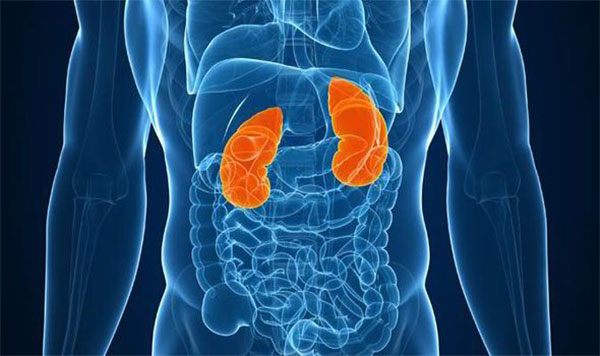
Kidney diseases are a major disease among the non-communicable diseases which have a great impact on Sri Lankan life. Kidney Specialist Dr. Sanjaya Heyyanthuduwa has been contacted to discuss the matter regularly since it is our media’s responsibility to educate you on this and since this year we have been able to discuss this with the Lakbima Protocol. This article is based on his comments.
Do you know the importance of your kidney?
The main role of the kidneys is the formation of nitrogenous waste (urea, croutinine, and acidic acid) in the body, excreting urine in the urine. In addition, the kidneys make the extracts of the acid and non-acidic substances that accumulate in the body. Salts (especially potassium salts) that are not required by the body, and unwanted water, are excreted in the urine by the kidneys. In addition to this, calcium-phosphate equilibrium contributes to kidney failure in the erythropoietin hormone.
When these tasks are not carried out, the normal procedures in the systems’ systems are completely interrupted. When the unwanted fluid does not go away, the body is swelling and hay. Erythropoietin hormones help to produce hemoglobin in the body. When the nitrogenous wastes accumulated in the body are not inactive, the symptoms of anorexia, nausea, drowsiness, and loss of consciousness begin to appear.
When the complexity of potassium is not extreme, it can cause the heart to become unconscious. In particular, calcium-phosphate breakdown in the body is disrupted by the production of “Calcium Trill” Hormone. This condition can lead to weakness in the bones and weaken the legs.
Structure of the kidneys:
One kidney is weighing 130-140 grams, and it has two kidneys to the rear wall of our abdominal cavity. One kidney has been created by one million vultures. These surfaces are absorbed by the body’s waste. The urine is then thrown through the urinary channels and enters the bladder and passes through the urinary tract.
Characteristics of kidney disease:
When the kidneys become weak, they can cause symptoms such as swelling, hoods, loss of appetite, anxiety, anemia, and high blood pressure.
Diseases causing kidney disease:
Diabetes is the first cause of kidney disease. Most people think that there is a risk of kidney failure due to common causes of the people in Anuradhapura and Polonnaruwa districts due to the use of contaminated water. However, there are a large number of kidney roots in the Western Province, surpassed by these provinces. The main reason for this is the prevalence of diabetes. Secondly, high blood pressure has been identified. Thirdly, protein is the outbreak of urine. The same is true in Sri Lanka and around the world. Also, kidney stones cause kidney disease. Kidney diseases can occur secondary to other diseases in our body. There is a possibility of spoiling kidneys when there is arthritis and cancer. In addition, long-term painkillers can be used to treat kidney diseases. Frequent urine infections can cause kidney disease even in young children.






